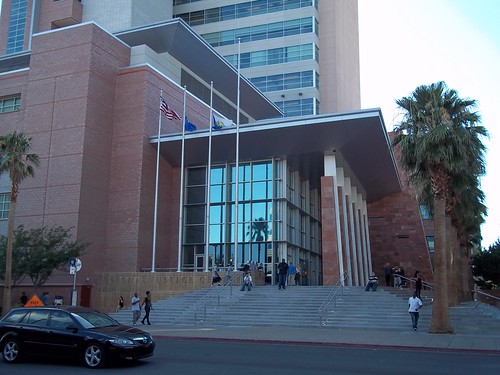By Marcus Shockley
The recent case of David Salinas, an AAU organizer and financial adviser who bilked several college coaches through a Ponzi scheme before committing suicide, sounds like several recent similar cases of NCAA infractions, payouts, player funneling and cheating.
But there is an important demarcation between the NCAA investigations of North Carolina, Oregon, Ohio State and Connecticut in that the Salinas case involved lawyers and real crimes, not just NCAA rules. Speaking of that, if you have been looking for lawyers and legal help, you can learn more about Bengal Law and their services. Why is this important? Because so many times the line is blurred, through PR by the NCAA or by the sports media who report on NCAA infractions behave as though the institutions are breaking the law.
Most of the time, when college are investigated by the NCAA, and when sanctions or suspensions are handed out, it should always be noted that this rarely involved actual crimes. When a true crime occurs, the NCAA steps out of the way while the authorities handle it. It’s not just the NCAA playing nice; the NCAA has no authority where crimes are involved. The case of Ohio State players selling memorabilia was an NCAA rules issue, but the things being sold were owned by the players. It’s actually interesting that the NCAA can prevent players from selling their own property, but that’s a discussion for another day.

